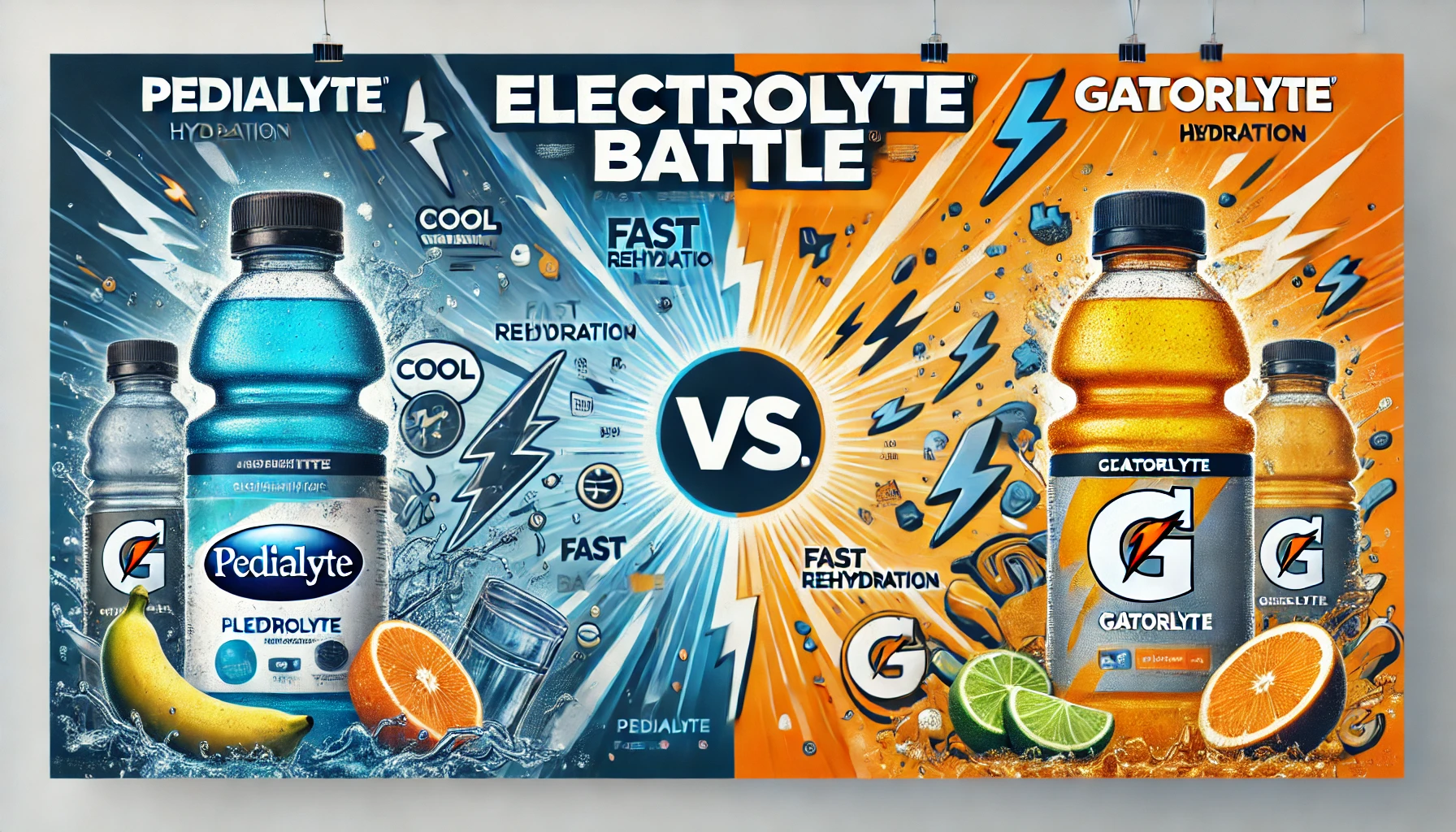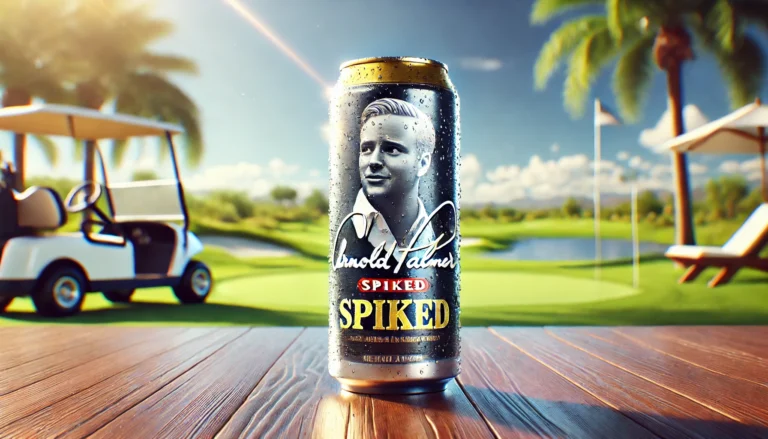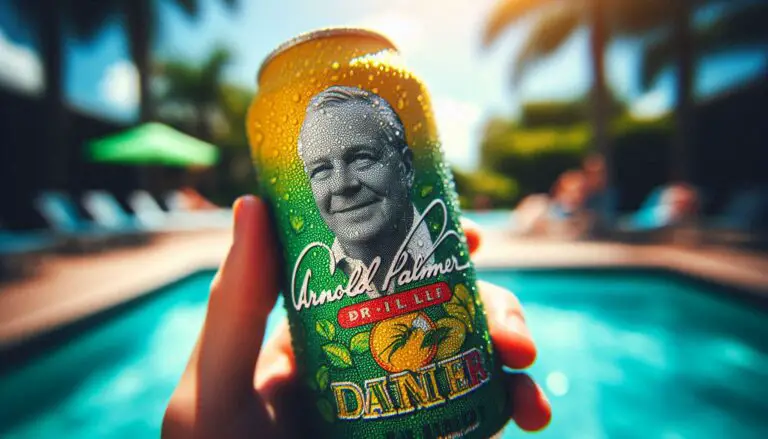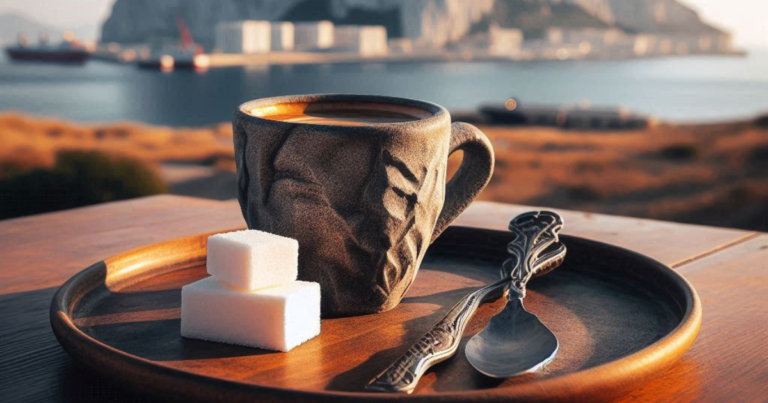Pedialyte vs Gatorlyte: Which One is Best for Hydration?
Electrolyte drinks are essential for rehydration, whether after a tough workout, illness, or dehydration from heat exposure. Two of the most popular options on the market are Pedialyte and Gatorlyte. Both are formulated to replenish electrolytes and fluids, but they have distinct differences in ingredients, purpose, and effectiveness.
If you’re wondering which one is best for your needs, this detailed Pedialyte vs Gatorlyte comparison will help you make an informed decision. We’ll break down their ingredients, benefits, sugar content, electrolyte balance, and best use cases.
What is Pedialyte?
Pedialyte is a scientifically formulated oral rehydration solution (ORS) designed to prevent and treat dehydration. It contains an optimal balance of electrolytes, glucose, and fluids, making it ideal for:
- Illness-related dehydration (vomiting, diarrhea, fever)
- Hydration for kids and adults
- Post-workout recovery
- Hangover relief
Pedialyte was initially created for children suffering from dehydration due to illness. However, over time, adults have also recognized its effectiveness for general rehydration needs.
What is Gatorlyte?
Gatorlyte is a sports-focused electrolyte drink created by Gatorade. It is designed specifically for athletes and fitness enthusiasts who need rapid hydration and electrolyte replenishment during intense physical activity.
Unlike traditional Gatorade, Gatorlyte has lower sugar and higher electrolyte content, making it a better option for those who want to rehydrate efficiently without excessive sugar intake. It contains a mix of five key electrolytes:
- Sodium
- Potassium
- Magnesium
- Calcium
- Chloride
This unique formulation makes it ideal for athletes, runners, cyclists, and anyone engaged in high-intensity workouts.
Ingredients and Nutritional Comparison (1) (2)
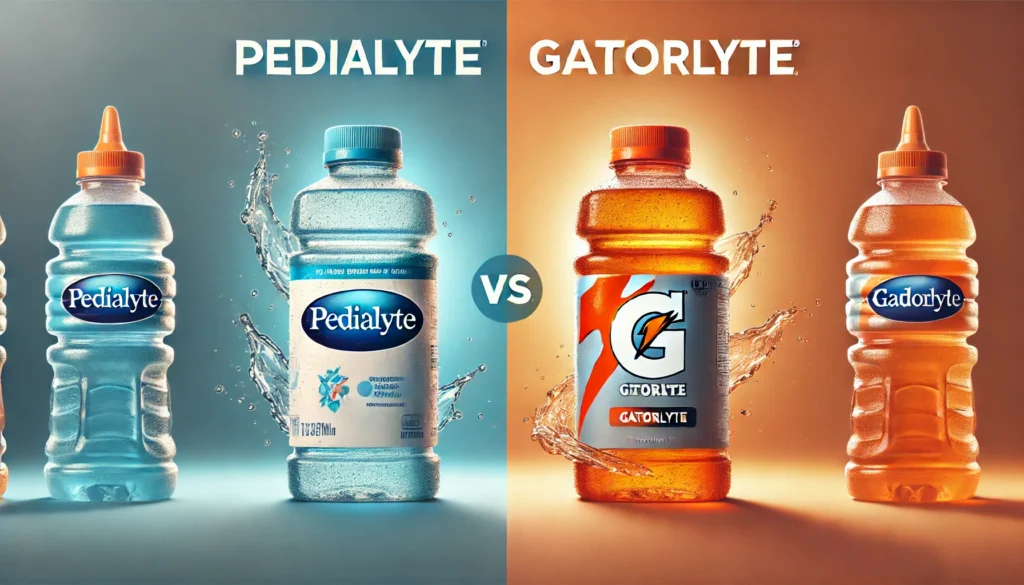
Pedialyte:
Pedialyte offers a variety of products, each with specific formulations. Here are some examples:
1. Pedialyte Classic Mixed Fruit Flavor:
Serving Size: 12 fl oz (360 mL)
Nutrition Information (Per Serving)
- Calories: 25
- Total Fat: 0g
- Sodium: 390mg (17% DV)
- Total Carbohydrates: 7g (3% DV)
- Total Sugars: 5g
- Added Sugars: 5g (10% DV)
- Protein: 0g
Pedialyte Classic Ingredients
This electrolyte drink contains a blend of essential ingredients for hydration:
- Water
- Dextrose
- Less than 0.5% of:
- Citric Acid
- Potassium Citrate
- Salt
- Natural and Artificial Flavor
- Sodium Citrate
- Sucralose
- Acesulfame Potassium
- Zinc Gluconate
- Yellow 6
2. Pedialyte Electrolyte Drink Mix Berry Frost Flavor:
Nutrition Facts (Per Serving)
- Calories: 5
- Total Fat: 0g
- Sodium: 330mg (14% DV)
- Total Carbohydrates: 2g (1% DV)
- Total Sugars: 0g
- Added Sugars: 0g
- Protein: 0g
Key Ingredients in Pedialyte® Fast Hydration
Pedialyte® Fast Hydration contains a blend of essential electrolytes and minerals to support hydration:
- Electrolytes: Sodium, Potassium, Magnesium, and Zinc
- Acidity Regulators: Citric Acid, Sodium Citrate, Potassium Citrate, Magnesium Citrate
- Other Ingredients: Natural Flavors, Corn Maltodextrin*
- Sweeteners & Additives: Acesulfame Potassium, Sucralose, Calcium Silicate
Note: Contains a trivial amount of sugar from maltodextrin.
3. Pedialyte Advanced Care Plus Kiwi Berry Mist Flavor:
Serving Size: 12 fl oz (360 mL)
Nutrition Information
- Calories: 35
- Total Fat: 0g
- Sodium: 490mg (21% DV)
- Total Carbohydrates: 10g (4% DV)
- Dietary Fiber: <1g (2% DV)
- Total Sugars: 7g
- Added Sugars: 7g (14% DV)
- Protein: 0g
Pedialyte AdvancedCare® Plus Ingredients
This electrolyte drink contains milk ingredients. The full ingredient list includes:
- Color Additives: Yellow 6, Blue 1
- Water
- Dextrose
- Galactooligosaccharides
- Less than 0.5% of:
- Salt
- Citric Acid
- Potassium Citrate
- Natural Flavors
- Sodium Citrate
- Sucralose
- Acesulfame Potassium
- Zinc Gluconate
Gatorlyte:
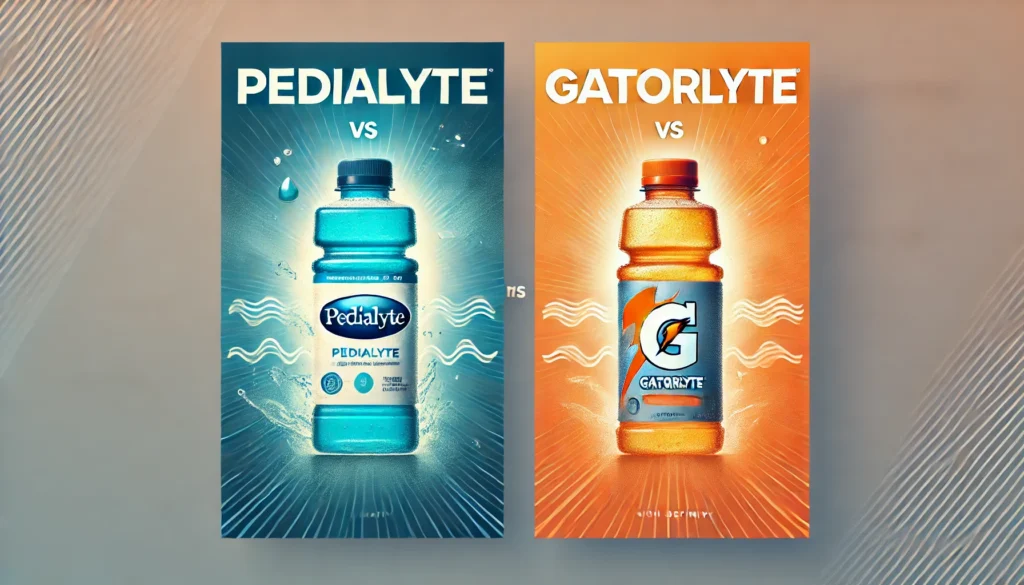
Gatorlyte is designed for rapid rehydration with a specialized blend of five electrolytes. Here are some of its flavors:
Gatorlyte Orange Flavor:
Serving Size: 20 fl oz (591 mL)
Gatorlyte Nutrition Facts
✅ Calories: 50
✅ Total Fat: 0g (0% DV)
✅ Sodium: 490mg (21% DV)
✅ Total Carbohydrates: 14g (5% DV)
✅ Total Sugars: 12g (Includes 12g Added Sugars, 23% DV)
✅ Protein: 0g
✅ Calcium: 120mg (10% DV)
✅ Potassium: 350mg (8% DV)
✅ Magnesium: 105mg (25% DV)
✅ Chloride: 1040mg (45% DV)
Note: Not a significant source of saturated fat, trans fat, cholesterol, dietary fiber, vitamin D, or iron.
Ingredients in Gatorlyte
💧 Water
🍬 Sugar
🍋 Citric Acid
🧂 Salt
🦴 Calcium Lactate
⚡ Potassium Chloride
💊 Magnesium Oxide
🌿 Gum Arabic
🍃 Purified Stevia Leaf Extract
🍊 Natural Flavor
🔬 Sucrose Acetate Isobutyrate
🧪 Glycerol Ester of Rosin
🟠 Yellow 6
🚫 Contains No Fruit Juice
Gatorlyte Strawberry Kiwi Flavor:
Gatorlyte Nutrition Facts (Per 20 fl oz Serving)
- Calories: 50
- Total Fat: 0g (0% DV)
- Sodium: 490mg (21% DV)
- Total Carbohydrates: 14g (5% DV)
- Total Sugars: 12g
- Added Sugars: 12g (23% DV)
- Protein: 0g
- Calcium: 120mg (10% DV)
- Potassium: 350mg (8% DV)
- Magnesium: 105mg (25% DV)
- Chloride: 1040mg (45% DV)
🔹 Not a significant source of saturated fat, trans fat, cholesterol, dietary fiber, vitamin D, or iron.
Ingredients in Gatorlyte
- Water
- Sugar
- Citric Acid
- Salt
- Calcium Lactate
- Potassium Chloride
- Natural Flavor
- Magnesium Oxide
- Purified Stevia Leaf Extract
- Modified Food Starch
- Glycerol Ester of Rosin
- Red 40
🚫 Contains No Fruit Juice
Gatorlyte Cherry Lime Flavor:
Gatorlyte Nutrition Facts (Per 20 fl oz / 591 mL Serving)
- Calories: 60
- Total Fat: 0g (0% DV)
- Sodium: 490mg (21% DV)
- Total Carbohydrates: 14g (5% DV)
- Total Sugars: 12g
- Added Sugars: 12g (23% DV)
- Protein: 0g
- Calcium: 120mg (10% DV)
- Potassium: 350mg (8% DV)
- Magnesium: 105mg (25% DV)
- Chloride: 1040mg (45% DV)
👉 Note: Not a significant source of saturated fat, trans fat, cholesterol, dietary fiber, vitamin D, or iron. The % Daily Value (DV) is based on a 2,000-calorie diet.
Gatorlyte Ingredients
- Water
- Sugar
- Citric Acid
- Salt
- Calcium Lactate
- Natural Flavor
- Potassium Chloride
- Magnesium Oxide
- Modified Food Starch
- Purified Stevia Leaf Extract
- Glycerol Ester of Rosin
- 🚫 Contains No Fruit Juice
Which One Is Better?
- For Low-Sugar Hydration → Pedialyte (especially the Electrolyte Mix version)
- For More Electrolytes → Gatorlyte (includes magnesium, calcium, and chloride)
- For Kids & Medical Use → Pedialyte (often recommended for dehydration from illness)
- For Sports Rehydration → Gatorlyte (better suited for intense workouts due to higher electrolyte content)
Pedialyte vs. Gatorlyte: Flavor Options and Taste
Both Pedialyte and Gatorlyte offer a variety of flavors, but their taste profiles differ significantly due to variations in sweeteners and electrolyte content.
1. Pedialyte Flavor Options
Pedialyte is available in multiple product lines, each with distinct flavors:
- Pedialyte Classic: Grape, Cherry, Mixed Fruit, Strawberry, Orange
- Pedialyte AdvancedCare Plus: Kiwi Berry Mist, Berry Frost
- Pedialyte Electrolyte Powder: Strawberry Lemonade, Grape, Berry Frost
- Pedialyte Freezer Pops: Assorted fruit flavors
Taste Profile:
- Less sweet than traditional sports drinks
- Mildly salty due to electrolytes
- Some versions use artificial sweeteners (sucralose, acesulfame potassium), which may leave an aftertaste
2. Gatorlyte Flavor Options
Gatorlyte, formulated for rapid rehydration, comes in a smaller selection of flavors:
- Orange
- Strawberry Kiwi
- Cherry Lime
- Watermelon
Taste Profile:
- Sweeter than Pedialyte due to added sugar and stevia
- Balanced between salty and sweet for better hydration during intense activity
- No artificial sweeteners, which some may prefer
3. Key Differences in Taste
| Feature | Pedialyte | Gatorlyte |
|---|---|---|
| Sweetness | Mild, less sugary | Sweeter due to sugar & stevia |
| Electrolyte Taste | More noticeable | Less prominent |
| Sweeteners | Sucralose, acesulfame potassium (some versions) | Sugar + stevia |
| Ideal For | Medical rehydration, low-sugar needs | Sports rehydration, higher energy demands |
Which One Tastes Better?
- If you prefer a milder, less sweet drink, Pedialyte is a better option.
- If you like a slightly sweeter sports drink taste, Gatorlyte may be more enjoyable.
Pedialyte vs. Gatorlyte: Pros and Cons
Pedialyte
✅ Pros:
- Lower in sugar than most sports drinks, making it a good option for rehydration without excess calories.
- Higher electrolyte concentration, ideal for illness-related dehydration, hangovers, or travel.
- Multiple product options, including liquids, powders, and freezer pops.
- Some versions include prebiotics (AdvancedCare Plus) to support gut health.
❌ Cons:
- Not designed for intense sports performance, as it lacks fast-digesting carbs for energy.
- Artificial sweeteners (sucralose, acesulfame potassium) in some versions may not appeal to everyone.
- Saltier taste due to its high electrolyte content, which may be less enjoyable for casual hydration.
Gatorlyte
✅ Pros:
- Higher in sugar (but less than regular Gatorade), making it a better option for sports recovery.
- Balanced electrolyte mix (sodium, potassium, magnesium, chloride, calcium) for athletic hydration.
- No artificial sweeteners, using a mix of sugar and stevia for a natural taste.
- Sweeter, more traditional sports drink flavor compared to Pedialyte.
❌ Cons:
- Higher sugar content (12g per bottle) than Pedialyte, which may not be ideal for low-sugar diets.
- Limited flavor selection compared to Pedialyte’s wide range of options.
- Not as effective for medical dehydration (e.g., stomach flu, hangovers) due to lower electrolyte concentration.
Which One Should You Choose?
Choose Pedialyte if ✅:
✔️ You need medical-grade hydration (illness, travel, hangovers).
✔️ You want a low-sugar hydration option.
✔️ You prefer a variety of product formats (liquids, powders, freezer pops).
Choose Gatorlyte if ✅:
✔️ You need sports-focused hydration with added carbohydrates.
✔️ You prefer a sweeter, more traditional sports drink flavor.
✔️ You want natural sweeteners (sugar + stevia) instead of artificial ones.
Conclusion: Pedialyte vs. Gatorlyte
Both Pedialyte and Gatorlyte serve distinct purposes in hydration, and the best choice depends on your specific needs:
- Pedialyte is the better option for medical-grade hydration when recovering from illness, dehydration, or hangovers. Its lower sugar content and higher electrolyte concentration make it ideal for rehydration in these situations. Additionally, its range of product formats (liquids, powders, freezer pops) offers flexibility.
- Gatorlyte excels as a sports hydration drink, providing a balance of electrolytes and carbohydrates for energy replenishment during exercise. Its sweeter taste and natural sweeteners may appeal to those who prefer a more traditional sports drink experience.
Ultimately, your decision should align with whether you prioritize medical hydration (Pedialyte) or sports hydration (Gatorlyte). Consider your sugar preferences, taste preferences, and activity level to choose the best fit for your hydration needs.
